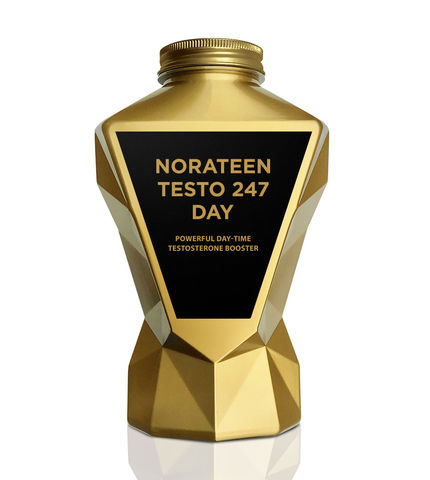The Knowledge > Better Health >
Monday, 12th February 2024
Understanding Collagen: Loss, Production, and Preservation
By LA Muscle on 12.02.2024 01:45 pm

Collagen, a vital protein in the human body, plays a crucial role in maintaining the integrity, elasticity, and strength of our skin, bones, muscles, tendons, and ligaments. It's the most abundant protein, acting as a glue that holds the body together. But as we age, our collagen production declines, leading to wrinkles, sagging skin, and weaker joints. This article explores the nature of collagen, factors leading to its depletion, ways to boost its production, and six simple habits to minimize its loss.
What is Collagen?
Collagen is a fibrous protein that forms the structural framework of connective tissues throughout the body. It's essential for skin elasticity, joint mobility, and the health of bones and blood vessels. There are several types of collagen, but types I, II, and III are the most common, each serving different structures in the body. Type I, for example, is predominant in the skin, bones, and tendons, providing strength and elasticity.
How Do You Lose Collagen?
Collagen degradation can occur due to various factors:
- Ageing: The natural ageing process is the primary cause of collagen loss. As we age, our bodies produce less and lower-quality collagen.
- Sun Exposure: Ultraviolet (UV) rays from the sun can break down collagen, leading to premature skin ageing.
- Smoking and Pollution: Both smoking and exposure to pollution can increase collagen breakdown, contributing to skin ageing and wrinkles.
- Poor Nutrition: A diet lacking in essential nutrients can impair collagen production. Vitamin C, for example, is crucial for collagen synthesis.
- High Sugar Consumption: High sugar levels can lead to the formation of advanced glycation end products (AGEs), which can weaken collagen fibers.
How Do You Make More Collagen?
Enhancing collagen production can be achieved through various means:
- Diet: Consuming foods rich in vitamin C, proline, glycine, and copper can help boost collagen production. Examples include citrus fruits, berries, chicken, fish, and leafy greens.
- Supplements: Collagen supplements, derived from animal tissues, can provide the amino acids necessary for collagen synthesis.
- Topical Treatments: Certain skincare products containing retinol or vitamin C can stimulate collagen production in the skin.
- Aesthetic Procedures: Treatments like laser therapy, microneedling, and ultrasound can promote collagen regeneration by stimulating the body's healing processes.
6 Simple Habits to Preserve Collagen
Preserving collagen doesn't require drastic lifestyle changes. Here are six simple habits to incorporate:
- Sun Protection: Regular use of sunscreen with a high SPF can protect the skin from UV-induced collagen breakdown.
- Hydration: Keeping the body well-hydrated ensures optimal skin health and may help maintain collagen levels.
- Balanced Diet: A diet rich in antioxidants, vitamins, and minerals supports collagen health. Incorporate a variety of fruits, vegetables, lean proteins, and healthy fats.
- Quit Smoking: Avoiding smoking can prevent the acceleration of collagen loss and improve overall health.
- Limit Sugar Intake: Reducing the consumption of high-sugar foods can decrease the formation of AGEs, protecting collagen fibers.
- Regular Exercise: Physical activity can improve circulation and potentially boost collagen production, contributing to healthier skin and joints.
While collagen loss is a natural part of ageing, understanding its importance and adopting a few simple habits can significantly mitigate its depletion. By protecting against external factors, nourishing the body from within, and considering medical or aesthetic interventions, we can preserve our collagen levels, ensuring healthier skin, stronger joints, and overall well-being for longer.




























